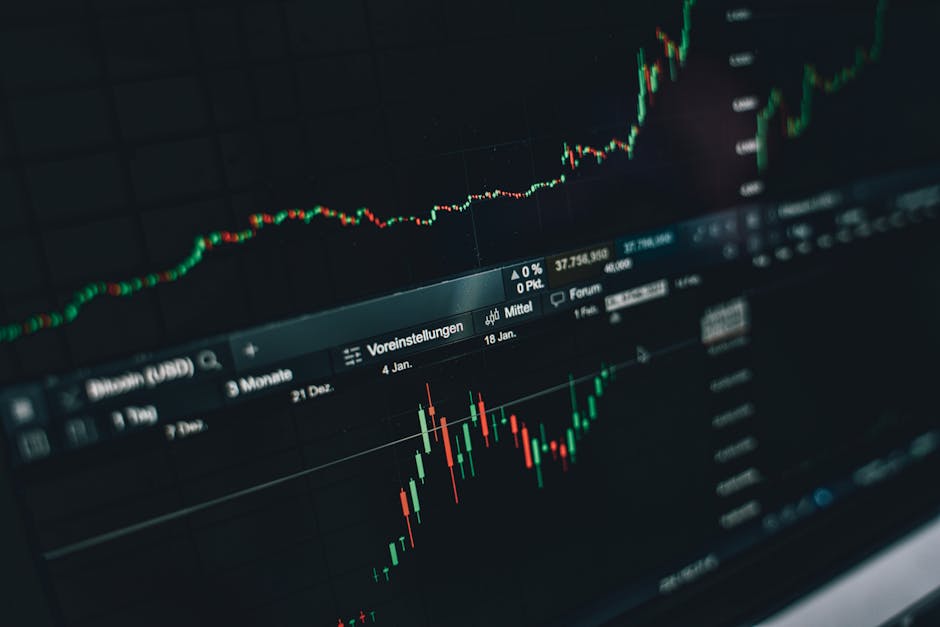The Significance of Market Forecasting
The Significance of Market Forecasting
Blog Article

Imagine a world where businesses can predict market trends with pinpoint accuracy, allowing them to make informed strategic decisions ahead of their competitors. The rise of ai-driven market forecasting tools is transforming how organizations analyze data, enabling them to harness vast amounts of information efficiently. These tools utilize advanced algorithms and machine learning techniques to forecast consumer behavior, financial performance, and market movements.
The Significance of Market Forecasting
Market forecasting is crucial for any business looking to thrive in a competitive environment. By understanding potential future market conditions, companies can allocate resources wisely, develop targeted marketing strategies, and optimize product offerings. Accurate forecasts can lead to improved operational efficiency and increased profitability. Thus, the demand for sophisticated forecasting tools has surged.
How AI-Driven Tools Enhance Forecasting Accuracy
Traditional forecasting methods often rely on historical data and human intuition, which can lead to inaccuracies. AI-driven market forecasting tools leverage advanced technologies to enhance accuracy in several ways:
1. Data Processing Capabilities
AI algorithms can process vast amounts of data at incredible speeds, far surpassing human capabilities. This includes structured data, such as sales figures, and unstructured data, such as social media sentiment. By analyzing diverse data sources, these tools can identify patterns and trends that might go unnoticed.
2. Real-Time Insights
In a rapidly changing market, having access to real-time data is essential. AI-driven tools can continuously analyze incoming data, providing businesses with up-to-date insights that inform decision-making. This real-time analysis allows companies to pivot quickly in response to market changes.
3. Predictive Analytics
AI-driven tools utilize predictive analytics to forecast future trends based on historical data. By employing machine learning models, these tools can make predictions with a higher degree of accuracy. For instance, a retail company can forecast seasonal demand for products, ensuring that inventory levels are optimized to meet customer needs.
Key Features of AI-Driven Market Forecasting Tools
When selecting an AI-driven market forecasting tool, businesses should consider various features that enhance usability and effectiveness. Here are some key features to look for:
- User-Friendly Interface: A simple and intuitive interface enables users to navigate the tool without extensive training.
- Customizable Dashboards: The ability to tailor dashboards to specific business needs allows teams to focus on the most relevant metrics.
- Integration Capabilities: Seamless integration with existing data systems and software tools ensures a smooth workflow.
- Collaboration Tools: Features that promote collaboration among team members enhance the decision-making process.
Challenges in Implementing AI-Driven Tools
While the benefits of AI-driven market forecasting tools are clear, companies may face challenges during implementation, including:
- Data Quality: Inaccurate or incomplete data can lead to flawed forecasts. Businesses need to ensure data integrity before relying on AI tools.
- Change Management: Employees may be resistant to adopting new technologies. Proper training and communication are crucial to overcome this hurdle.
- Cost Considerations: Although many tools offer significant ROI, the initial investment can be daunting for smaller businesses.
Conclusion
The advancement of ai-driven market forecasting tools signifies a new era in business decision-making. By embracing these tools, organizations can gain a competitive edge through enhanced accuracy, real-time insights, and predictive analytics. While challenges exist, the potential for improved operational efficiency and strategic foresight makes investing in AI-driven forecasting an appealing prospect for forward-thinking businesses.
Report this page